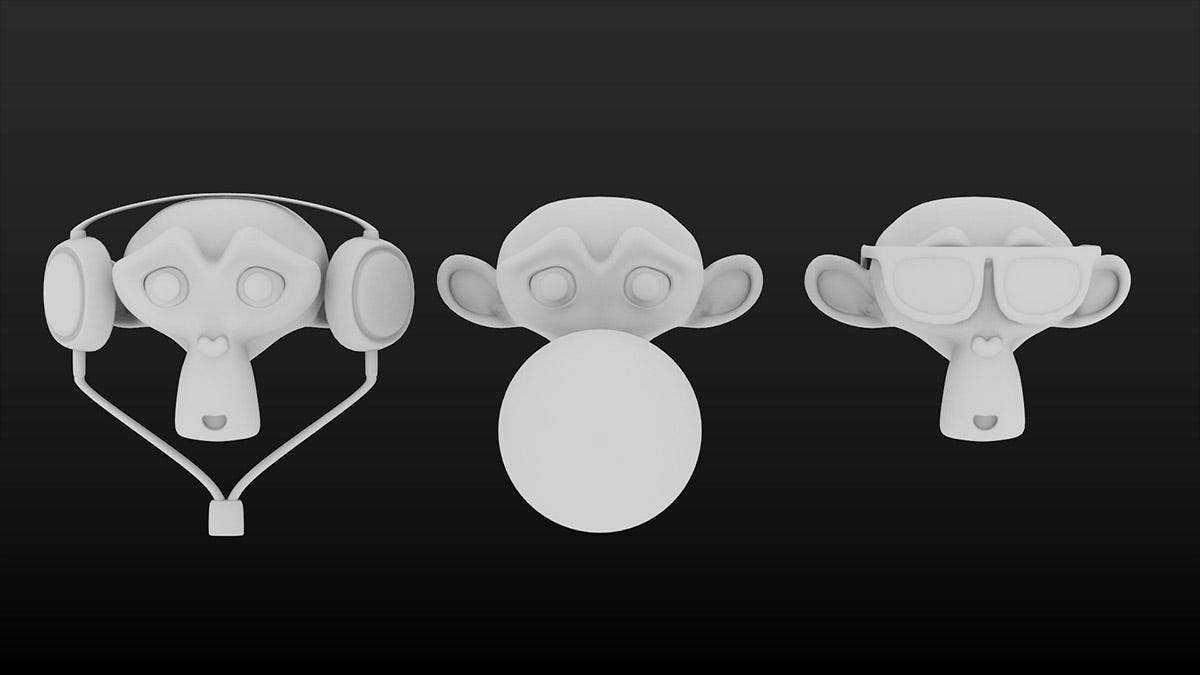how mental comfort is killing the web
Science says that as we get older, we stop asking questions to which we may not like the answers.
In the dreams of the academics who created the internet and the web as we knew it, we were supposed to come closer as a species. Instead, we’re now trapped by vast conglomerates strangling the open web for profit and ideological control, and social media is broken beyond fixing. We can talk about what happened from technical and business standpoints, sure, but the psychological reasons are just as important.
After all, it’s popular to blame technology for our own shortcomings but human flaws do play a huge role in why it’s been so easy to turn a global information network into echo chambers marketing custom built realities to their members. Specifically, there is a phenomenon by which teenagers and adults start to avoid cognitive dissonance at the expense of curiosity and an open mind.
According to a new series of experiments at the University of Chicago, by age seven, kids tend to avoid information that causes negative emotions like anxiety, frustration, disappointment, and having one’s beliefs challenged. By adulthood, these behaviors are fully ingrained and take conscious effort to overcome, which is a problem when a technology meant to bring people together relies on them being open-minded.
Now, you can look at these results and say “yeah, okay, just throw the whole species out because it’s us, we’re the problem here.” But there is hope. Environments which are focused on education and rewarding improvement tend to blunt these reflexes in experiments where kids had to review their own graded work.
The idea is that because mistakes and failures are recast as learning experiences and you will get a chance to fix them, the emotional workload of accepting they you were wrong becomes a lot lighter. Of course, this isn’t ironclad and, like Futurama’s Soylent Cola, is different from person to person, but there’s at least a better chance of having honest conversations and changing minds in a more education-focused setting.
Which is why genteel academics dreaming of passionate and honest debates across the web connecting humanity into a more peaceful, egalitarian, and unified species in their lifetime saw it that way. They were projecting environments where being wrong had no real consequences into a much more tribal reality and discarding the value of rage bait, as well as the possibility that corporations would be happy to sell conflict and outrage to boost their bottom lines.
Perhaps the solution to making social media non-toxic, or at least no longer as angry and outrage-driven, is to run it more like a college campus than a tabloid, and use the algorithms on which younger generations have come to rely to push educational and curiosity-driven content instead of drama, scams, and hyperbole.
But don’t expect that to happen anytime soon. People aren’t leaving social media no matter what the companies running the platforms seem to do to frustrate them, and invoking colleges and education in a positive light just makes a lot of conservatives very, very angry…
See: Santhanagopalan, R., Risen, J. L., & Kinzler, K. D. (2025). Becoming an Ostrich: The Development of Information Avoidance. Psychological Science, 36(7), 528-544, DOI: 10.1177/09567976251344551



